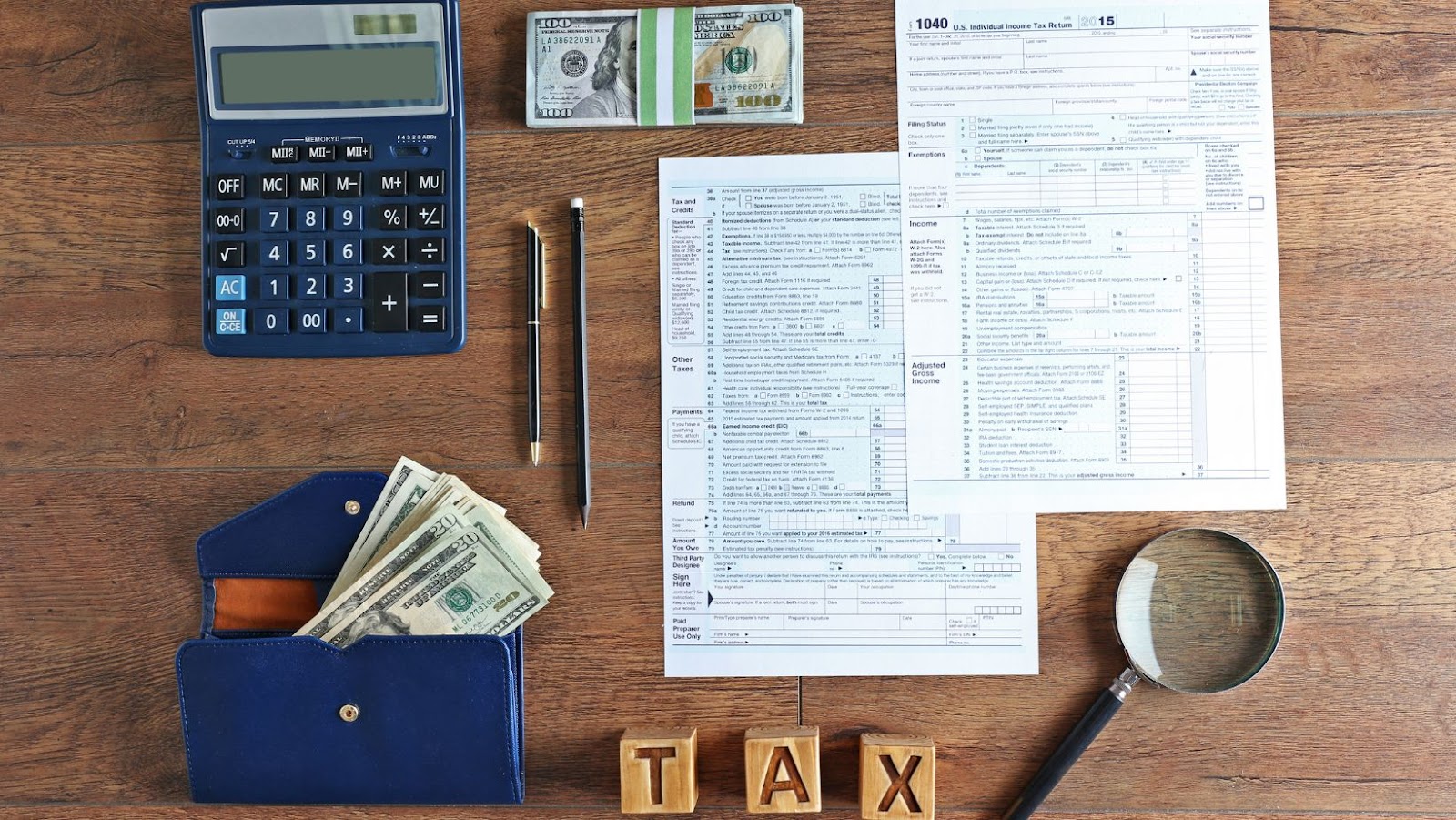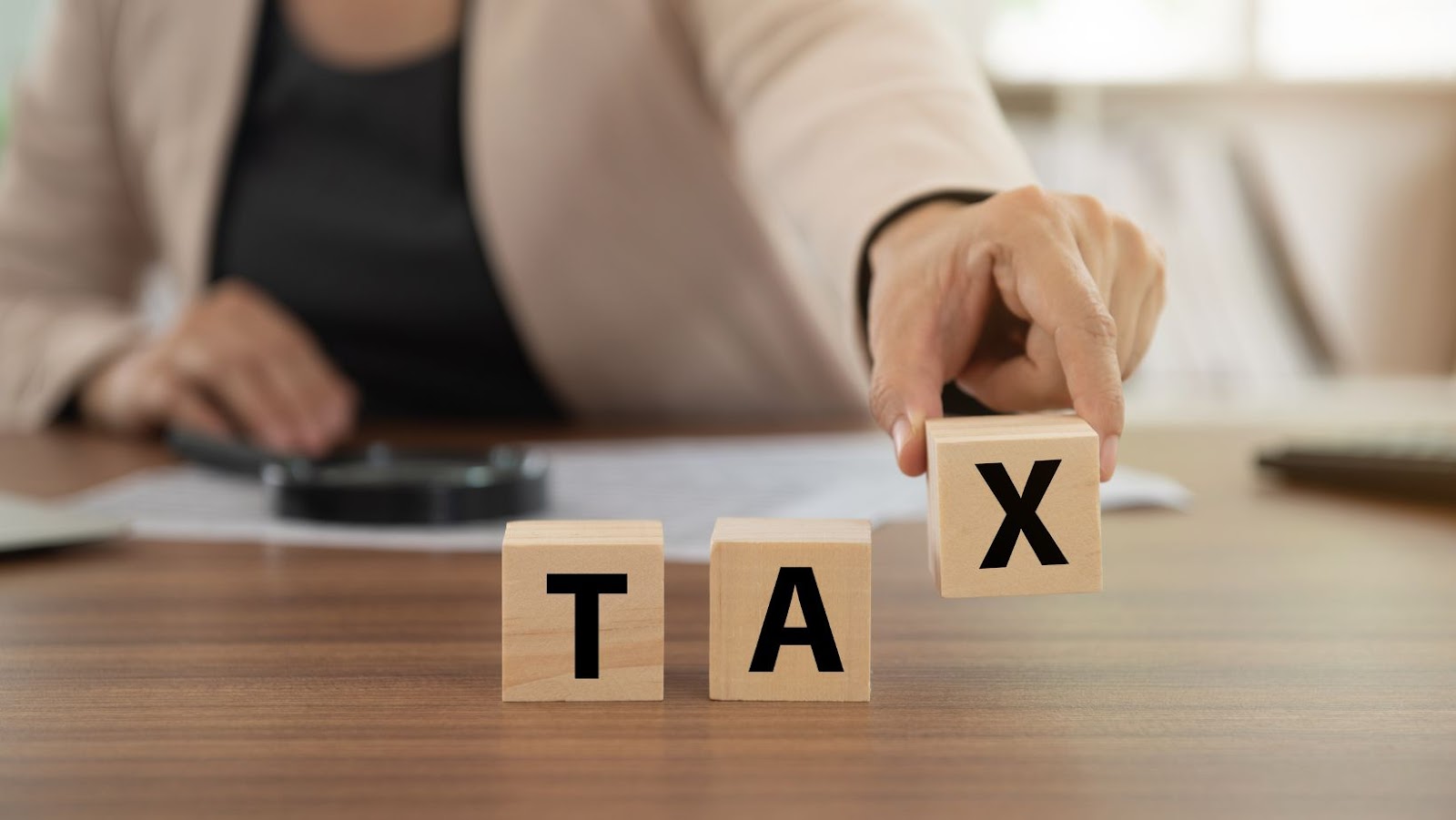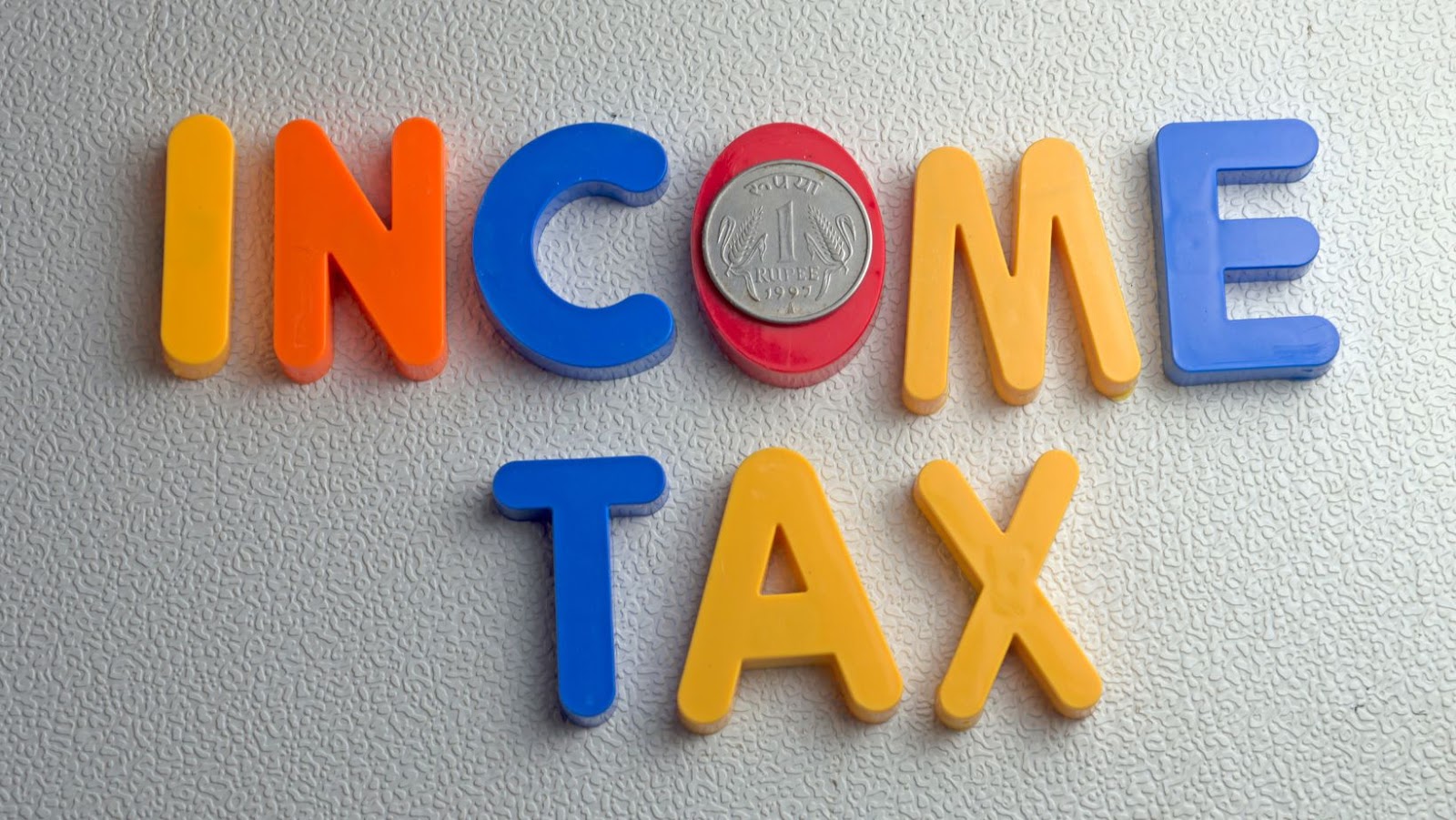
Are you looking to maximise your rental income and minimise the amount of taxes you owe? As a real estate investor, it’s important to understand how to legally pay no taxes on rental income. Here are some strategies I’ve used to minimise my tax burden while optimising my rental profits.
First, taking advantage of deductions is key. By deducting expenses associated with owning and maintaining rental properties, you can reduce your taxable rental income significantly. These deductions can include mortgage interest, property taxes, repairs, utilities, and even travel expenses related to managing your rental properties. It’s important to consult with a tax professional to ensure that you are taking advantage of all the deductions available to you.
How to Pay No Taxes on Rental Income
One effective strategy for minimising rental income tax is to invest in tax-advantaged accounts, such as a self-directed IRA or 401(k). By investing in real estate through these accounts, any rental income generated is tax-deferred or tax-free, depending on the type of account you choose. This strategy can also provide long-term investment benefits, allowing your rental income to grow tax-free until you’re ready to retire. However, it’s crucial to follow IRS rules and regulations when investing in these accounts to avoid penalties and fees.
In short, knowing how to pay no taxes on rental income requires careful planning, thorough record-keeping, and a deep understanding of tax laws. By leveraging deductions, investing in tax-advantaged accounts, and working with a qualified tax professional, you can maximise your rental profits and minimise your tax liabilities.
Maximising Deductions for Rental Properties
When it comes to rental properties, reducing taxable income is key to maximising profits. Here are some deductions that can help landlords pay no taxes on rental income:

Mortgage Interest Deduction: If you have a mortgage on your rental property, you can deduct the interest paid on it. This deduction can be a significant tax saver. Be sure to keep accurate records of all mortgage interest payments.
Depreciation Deduction: Landlords can take advantage of the depreciation deduction that allows them to deduct the cost of the property over several years. The deductions are spread out over 27.5 years for residential rental properties and 39 years for commercial rental properties. This can also help decrease taxable income.
Repairs and Maintenance: Repairs and maintenance expenses can be deducted in the year that they are incurred, allowing you to reduce your taxable income. However, it is important to know the difference between repairs and improvements. Improvements must be depreciated over time and cannot be deducted in the year they are completed.
Travel expenses: Landlords can also deduct travel expenses incurred while managing their rental property, such as visits to the property, meeting with renters, or picking up supplies.
Home Office Deduction: If you have a dedicated space in your home that is used exclusively for managing your rental property, you may be eligible for the home office deduction. This deduction allows you to deduct a portion of your home expenses, such as mortgage interest, utilities, and insurance, based on the percentage of space used for the home office.
Remember, it is important to keep accurate records and documentation to substantiate your rental property deductions. By utilising these deductions, landlords can reduce their taxable income and even pay no taxes on rental income, maximising their profits.
Structuring Your Rental Income for Tax Benefits
If you own rental property, you are obligated to pay taxes on the rental income you receive. However, there are ways to reduce or even eliminate your tax liability on rental income. Here are some ways to structure your rental income for tax benefits:
Take Advantage of Depreciation
Depreciation is a tax deduction that allows you to deduct the cost of your rental property over a period of 27.5 years. This deduction can significantly reduce your taxable rental income.

You can also accelerate the depreciation deduction by making improvements to your rental property.
Deduct Rental Expenses
You can deduct expenses related to your rental property such as mortgage interest, property taxes, repairs, utilities, and insurance. These deductions can reduce your taxable rental income and, in some cases, result in a loss that can be used to offset other income.
Consider Forming a Limited Liability Company (LLC)
An LLC can provide protection from personal liability and offer tax benefits. As a rental property owner, forming an LLC can allow you to deduct rental expenses and losses on your personal tax return. Moreover, LLCs are not subject to corporate tax, so the rental income passes through to the owners’ personal tax returns.
Use a 1031 Exchange
A 1031 exchange permits you to sell a rental property and reinvest the proceeds in a new property, deferring any tax liability on the sale until a future date. To qualify for a 1031 exchange, the new property must be for investment purposes, and there are strict rules and time periods around the exchange that must be followed.
By using these strategies and seeking the advice of a tax professional, you may be able to reduce or eliminate your tax liability on rental income. Remember to keep accurate records of all rental income and related expenses to ensure you take advantage of all possible deductions and minimise your tax liability.
Overall, learning how to pay no taxes on rental income can be a complex process, but with careful planning and guidance from an expert, it’s possible to significantly reduce your tax liability.
Utilising Tax-Deferred Retirement Accounts for Rental Income
If you’re looking for ways on how to pay no taxes on rental income, one strategic approach is to utilise tax-deferred retirement accounts. By doing so, you may reduce your current-year income taxes and allow your rental income to grow tax-free or tax-deferred. Here are some of the retirement accounts you can use:
Traditional IRA
You can fund a Traditional IRA with pre-tax dollars and make deductible contributions, which means the contribution is exempt from income taxes. This option lowers your taxable rental income as you can write off the Traditional IRA contributions on your income tax return. However, bear in mind that when you withdraw money from your Traditional IRA, it will be taxable at your ordinary income tax rates.
Simplified Employee Pension (SEP) IRA
A Self-Employment Pension Plan or SEP IRA uses mostly the same contribution limitations as Traditional IRAs, but the contributions are made by the employer and not the employee. If you have your own rental property business or work as an independent contractor, you can contribute up to 25% of your compensation, similar to a salary reduction contribution.

Solo 401(k) Plan
A Solo 401(k) plan is perfect for self-employed individuals with rented properties. With this option, you can contribute up to $58,000 if you’re under age 50 or $64,500 if you’re over age 50 and enjoy tax-free or deferred growth. This plan will enable you to deduct the amount of salary deferrals you made from your taxable rental income while also allowing higher contributions than Traditional or SEP IRA accounts.
Roth IRA and Roth 401(k) Plan
Roth accounts are beneficial if you want your rental income to grow tax-free. With Roth accounts, you contribute after-tax dollars, which means that money is not tax-deductible in your current-year income tax return; nevertheless, your money will grow tax-free, and if the income is withdrawn once you turn 59 ½, it is not subject to income taxes. One note here on rental property though. While the contributions you made into a Roth account are already taxed, the end result of the withdrawal of the earnings on those contributions in the future may be completely tax-free.
In conclusion, utilising tax-deferred retirement accounts for rental income is a strategy that has worked for many property investors. However, make sure to research each plan before proceeding.
